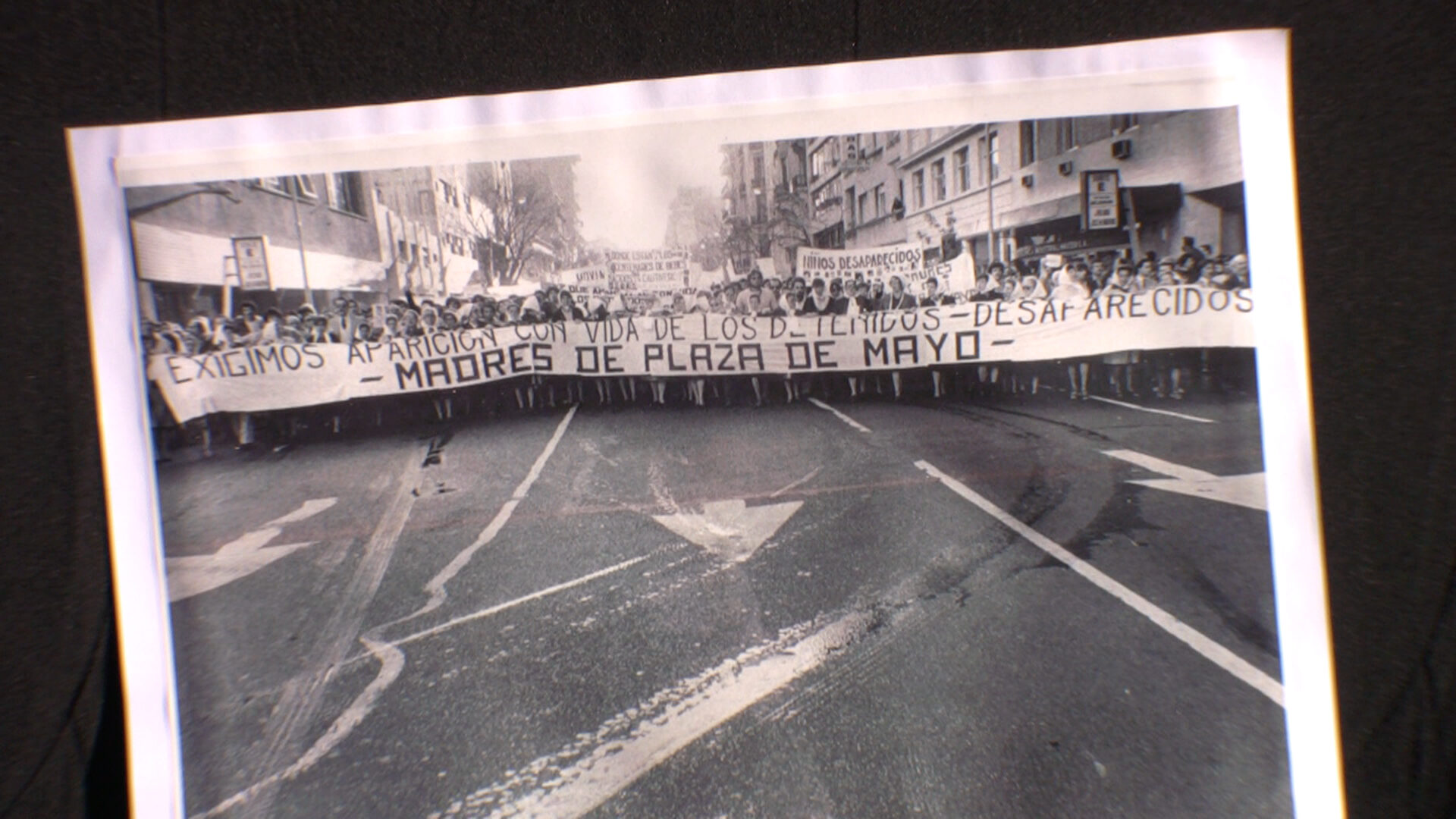European Center for Constitutional and Human Rights (ECCHR)
Parkafilm has been working with the ECCHR since 2009.
The European Center for Constitutional and Human Rights (ECCHR) is an independent, non-profit legal and educational organization dedicated to protecting civil and human rights worldwide. It was founded in 2007 by a small group of renowned human rights lawyers, in order to protect and enforce the rights guaranteed by the Universal Declaration of Human Rights, as well as other declarations of human rights and national constitutions, by juridical means. ECCHR engages in innovative strategic litigation, using European, international, and national law to enforce human rights and to hold state and non-state actors accountable for egregious abuses.
Please check the ABOUT US VIDEO to introduce the international members of the ECCHR network.
Drones and Human Rights
The exhibition “Forensis” was held from 15th March to 5th May 2014 at the Haus der Kulturen der Welt in Berlin. Using a variety of artistic methods, the exhibition explored the relationship between forensics and human rights.
Interviews with Mirza Shahzad Akbar and Andreas Schüller
Mirza Shahzad Akbar, who recently became known to a broader public for legally representing Pakistani drone-attack victims, is cofounder and Director of Pakistan’s Foundation for Fundamental Rights. Shahzad studied at the University of Newcastle (UK) and the University of London. From 2004 to 2008, he was Special Prosecutor with the National Accountability Bureau (Islamabad/Lahore, Pakistan), where he investigated public officials in Madrid, London and Geneva in corruption and money-laundering cases. In 2008 he joined Farooq Law Associates as Resident Partner. Since 2004, he has additionally taught human rights law as a visiting professor at International Islamic University, Islamabad.
Andreas Schüller studied law in Trier, Germany, and Orléans, France. He earned his LL.M. (adv.) in international law at Leiden University, Netherlands, with a specialization in international criminal law. Schüller is a member of the Working Group against Impunity at Amnesty International Germany and is active in the area of International Crimes and Accountability at the European Center for Constitutional and Human Rights (ECCHR).
No Ramstein, No Drone War: Yemeni Family sues Germany for Role in US Drone Warfare
Faisal bin Ali Jaber is an engineer from Yemen whose case against the German government concerning its role in the US drone war was heard by the administrative court in Cologne. In an interview with ECCHR, he describes his family’s experience of a drone strike and explains what he wants the USA and Germany to do in order to bring an end to drone strikes in his home region.
The Pinochet Effect – The impact of transnational litigation
Crimes, Resistance and Legal Intervention
On 11 September 1973 the democratically elected socialist President Salvador Allende was ousted in a Chilean military coup led by junta leader Augusto Pinochet. This marked the beginning of the bloodiest military dictatorship – alongside with the military dictatorship in Argentina (1976-1983) – in Latin American history, during which thousands of people were murdered, tortured and kidnapped. Yet even through the years of greatest repression, left-wing parties and the inhabitants of Chile’s shanty towns continued to organize resistance against the regime. After a successful campaign by his opponents, Pinochet met his downfall in a referendum held in 1988, formally marking the end of his dictatorship. But even after the elections in 1989, Pinochet remained the dominant figure in Chilean political life. This changed only much later on when, on 16 October 1998, Pinochet was arrested in London.
On the 40th anniversary of the Chilean military coup and to mark the 15th anniversary of Pinochet’s arrest in London, the organsation ECCHR was hosting a series of events to explore what impact these historic moments had on the global human rights movement. How have these events inspired similar actions in the global struggle for social justice? What effects do they still have today on legal interventions? Is the growing importance of the human rights movement – as Samuel Moyn puts forward in the book ‘The Last Utopia’ – indeed a reaction to the devastating defeat suffered by various left-wing political projects? Legal steps taken in the aftermath of the military dictatorships in Argentina and Chile led to hundreds of court proceedings being carried out in those countries, experiences which serve to demonstrate how a transnationally active human rights movement can successfully rally against impunity.
The Pinochet Effect – The impact of transnational litigation from PARKAFILM.CC on Vimeo.
KiK – Pakistan factory fire victims sue discount clothing retailer KiK in Germany
The survivors and relatives of victims of the fatal fire at the Ali Enterprises textile factory in Karachi (Pakistan) have come together to form the Baldia Factory Fire Affectees Association. Four members of the association were selected to file a compensation claim against German retailer KiK in Germany in March 2015. With this lawsuit the claimants aim to demonstrate that they are taking action and are not merely ‘helpless victims’ of the disaster. The legal action also makes it clear that transnational corporations are responsible for the working conditions in their subsidiary and supplier companies abroad.

